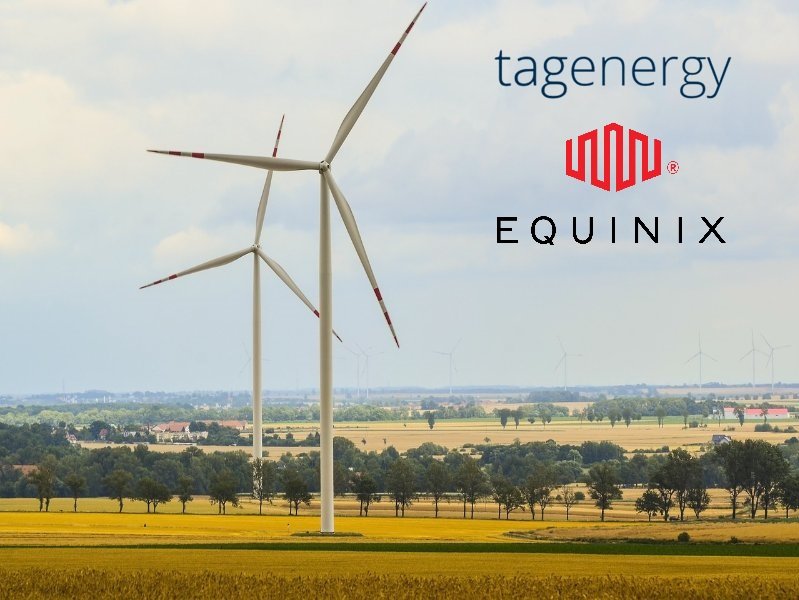
The purchase price comprises $3.3 billion in cash (at $26/share, marking a 38% premium to Archaea Energy’s 30-day volume weighted average share price) and $800 million of assumed net debt, as of the end of Jun’22. Texas-based Archaea Energy operates 50 Renewable Natural Gas (RNG) and landfill gas-to-energy facilities across the US, producing ~6,000 barrels of oil equivalent a day (boe/d) of RNG. The company’s production is expected to provide an immediate 50% increase to bp’s biogas supply volumes. Alongside growth in bp’s existing portfolio, the addition of Archaea’s production and pipeline has the potential to increase bp’s biogas supply volumes to ~70,000 boe/d by 2030, globally. The deal is expected to be closed by the end of 2022.
Archaea Energy Inc was formed in Apr’21 through the merger of Ares-backed Aria Energy and Archaea Energy LLC. The combined company had an enterprise value of $1.15 billion. The move was effected by Rice Acquisition Corp, a special purpose acquisition company (SPAC) led by former executives of Rice Energy, which merged with EQT in 2017 in a $10 billion deal to create one of the largest gas producers in the US.
Enerdatics believes that bp has been working on a move of this size in US’s biofuels space since 2020, when bp’s former VP of Strategic Development, Global Environmental Products, Harrison Clay forecasted a 10-fold increase in domestic RNG production by 2030. Clay highlighted the importance of RNG in road-based transportation, as well as in non-vehicle markets such as maritime, rail, utilities, high-heat applications and heavy industry. Clay also cited the country’s Renewable Fuel Standard and the potential of tax credits to be extended to biogas, a prediction that became true in Jul’22, when the Renewable Natural Gas Incentive Act provided for a $1/gallon tax credit for sellers of RNG used for transportation. Clay also went on to predict that bp would focus on large-scale partnerships in the sector with an experienced operator, to achieve the economies of scale needed to integrate the business profitably among its broader fuels and petrochemicals segment.
The above analysis is proprietary to Enerdatics’ energy analytics team, based on the current understanding of the available data. The information is subject to change and should not be taken to constitute professional advice or a recommendation.
Click to know more about Enerdatics' Renewable Energy M&A, Finance, PPA, and Projects databases.
.png)


